Case Study: Cerebrovascular Accident (CVA) - Nursing and Medical
VerifiedAdded on 2023/04/23
|12
|749
|387
Case Study
AI Summary
This case study analyzes a Cerebrovascular Accident (CVA), also known as a stroke, focusing on a 62-year-old male patient with a history of hypertension and hyperlipidemia. The study details the patient's clinical presentation, including right-sided weakness, aphasia, and facial droop. It explores both general and specific clinical manifestations of CVA, differentiating between right and left-sided strokes. The pathophysiology is explained, detailing the process of clot formation and its impact on blood flow to the brain, leading to hypoxia and necrosis. The medical management section covers pharmacological interventions like platelet-inhibiting medications, thrombolytic therapy, and anticoagulation therapy, along with the management of increased intracranial pressure and neurological assessments. Nursing management, including assessment, diagnosis, planning, interventions, and evaluation, is thoroughly addressed. The nursing interventions focus on emotional care, medication management, physiological monitoring, patient positioning, and exercise programs, while the evaluation section outlines expected patient outcomes, such as improved mobility, safe swallowing, and standard sensory perceptions.
1 out of 12
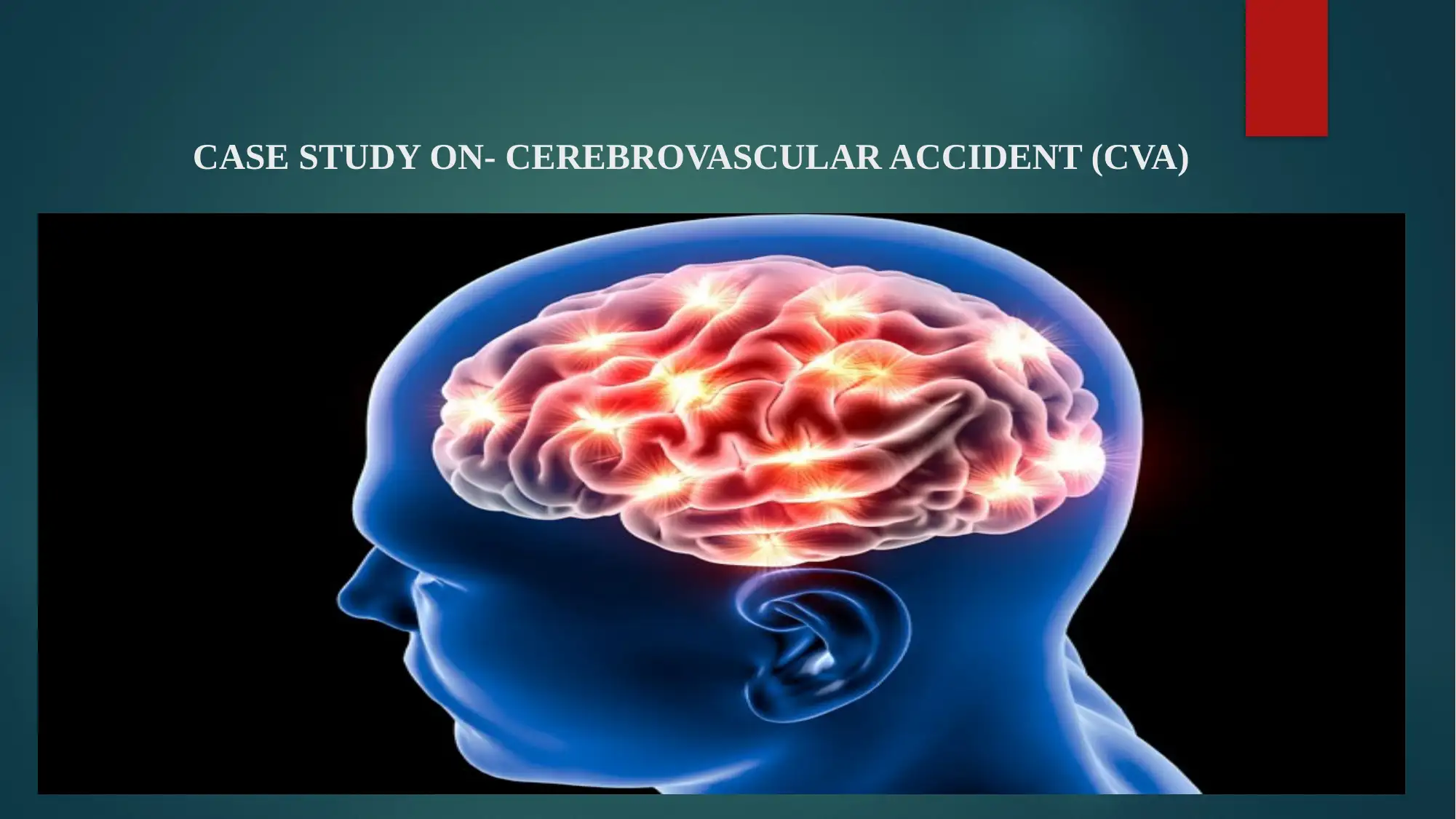
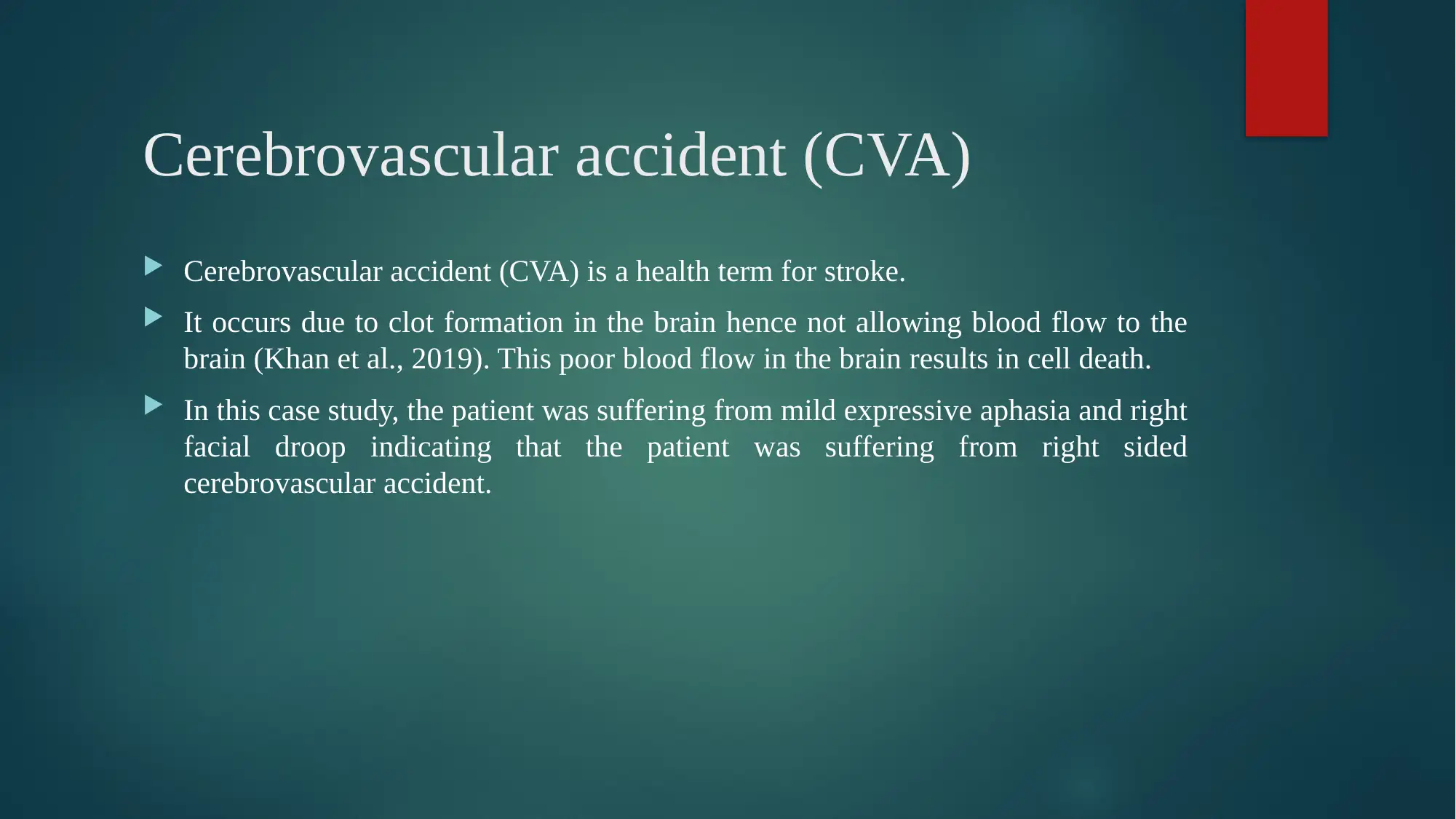
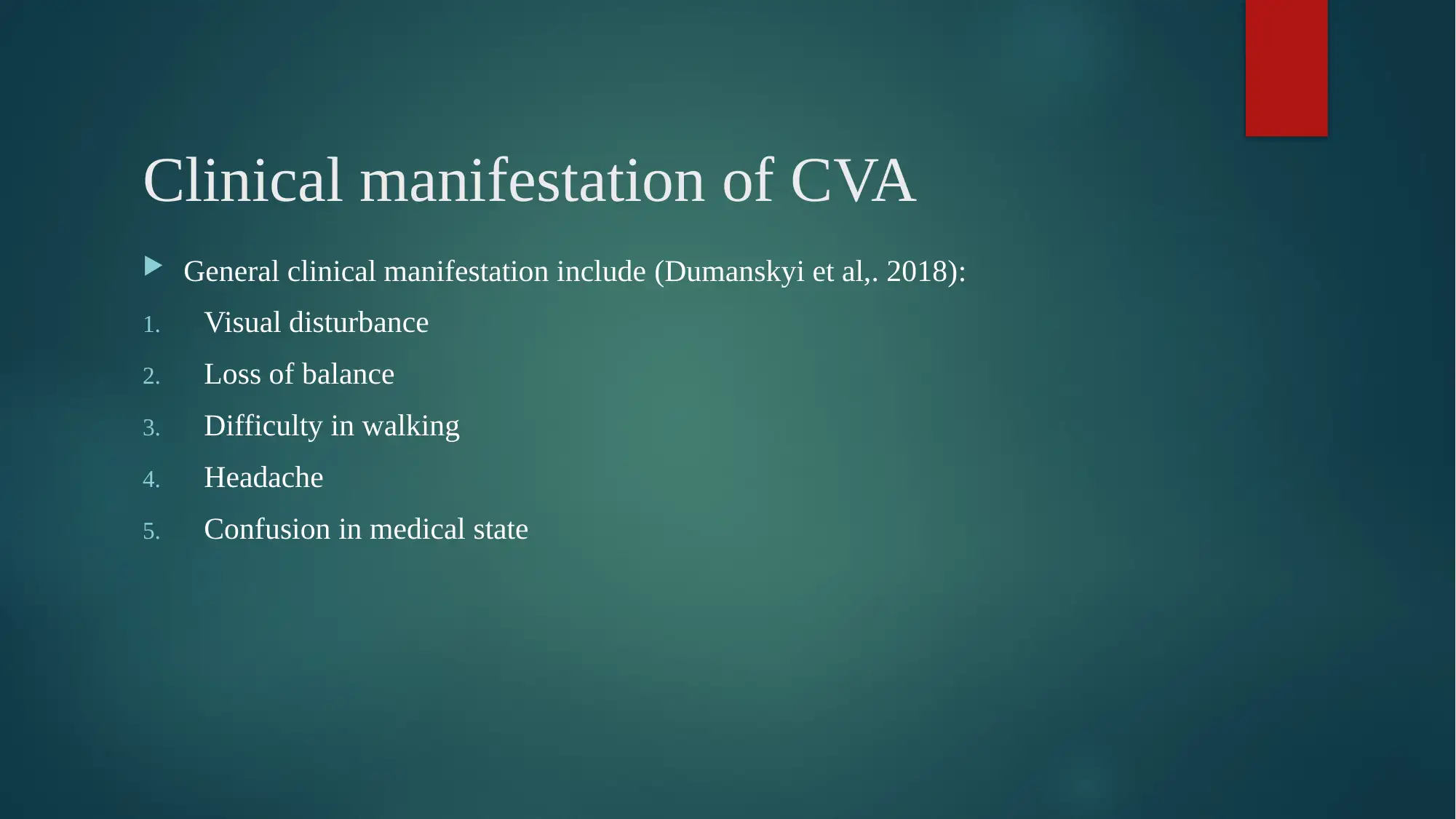

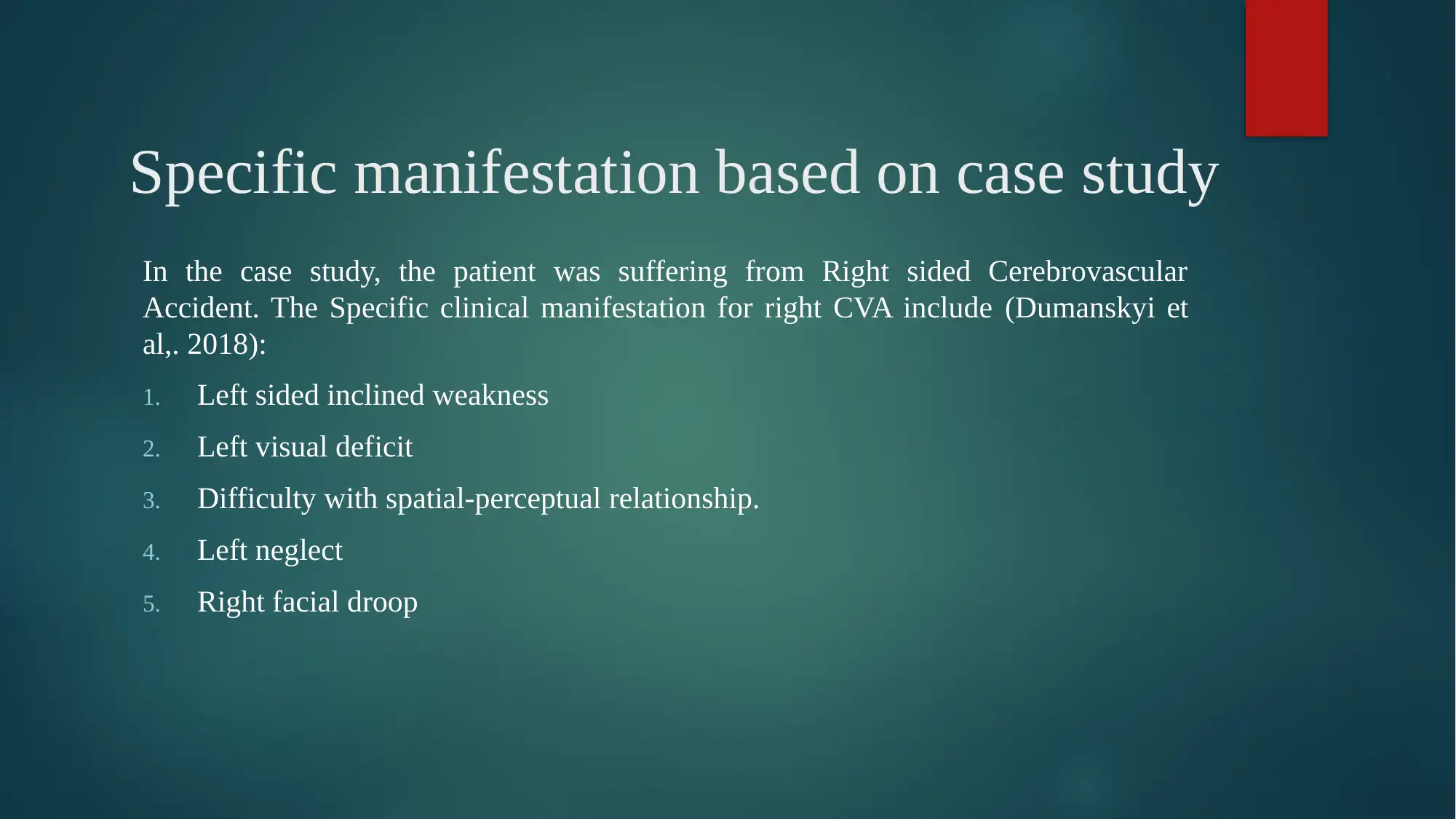
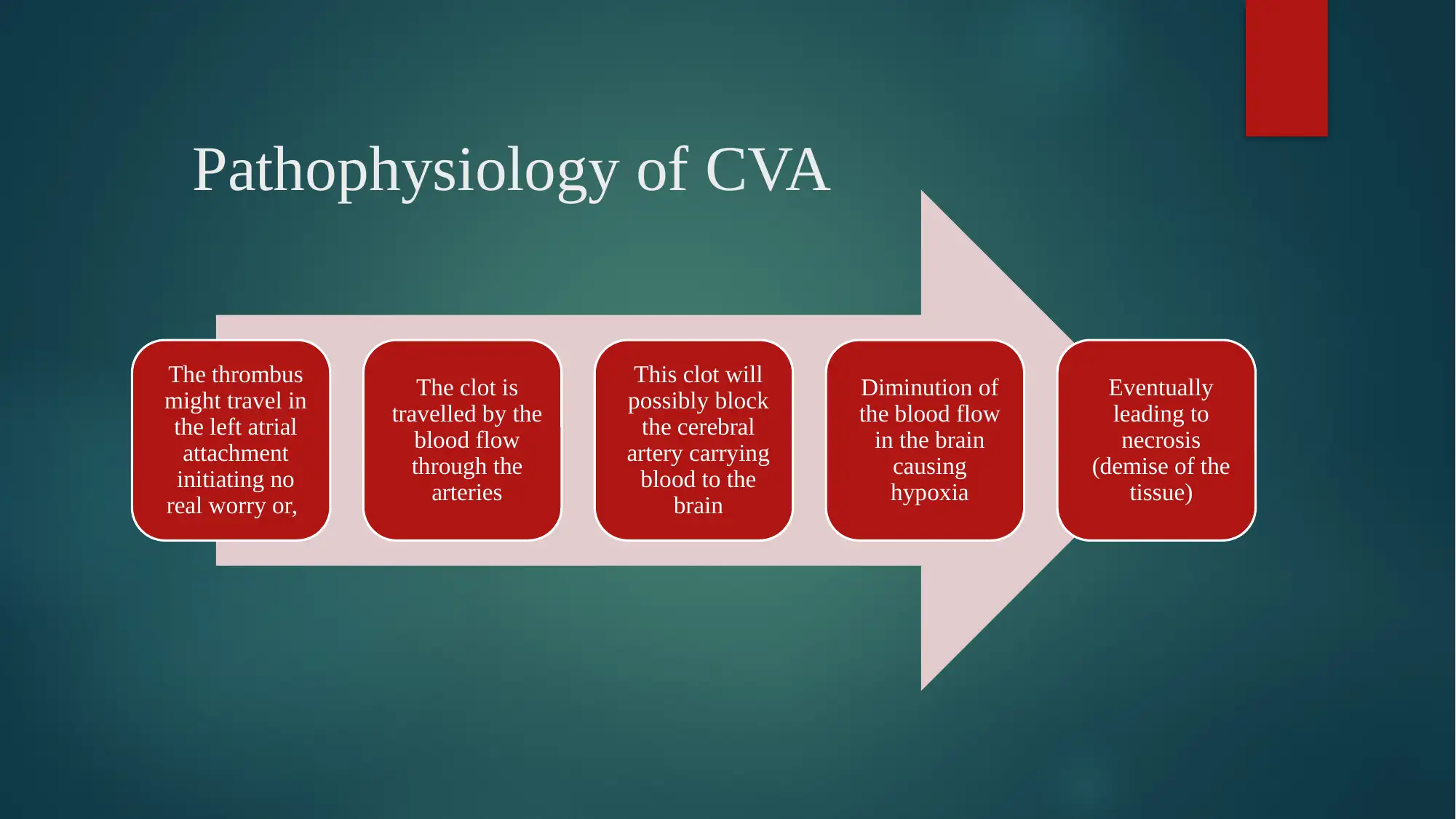
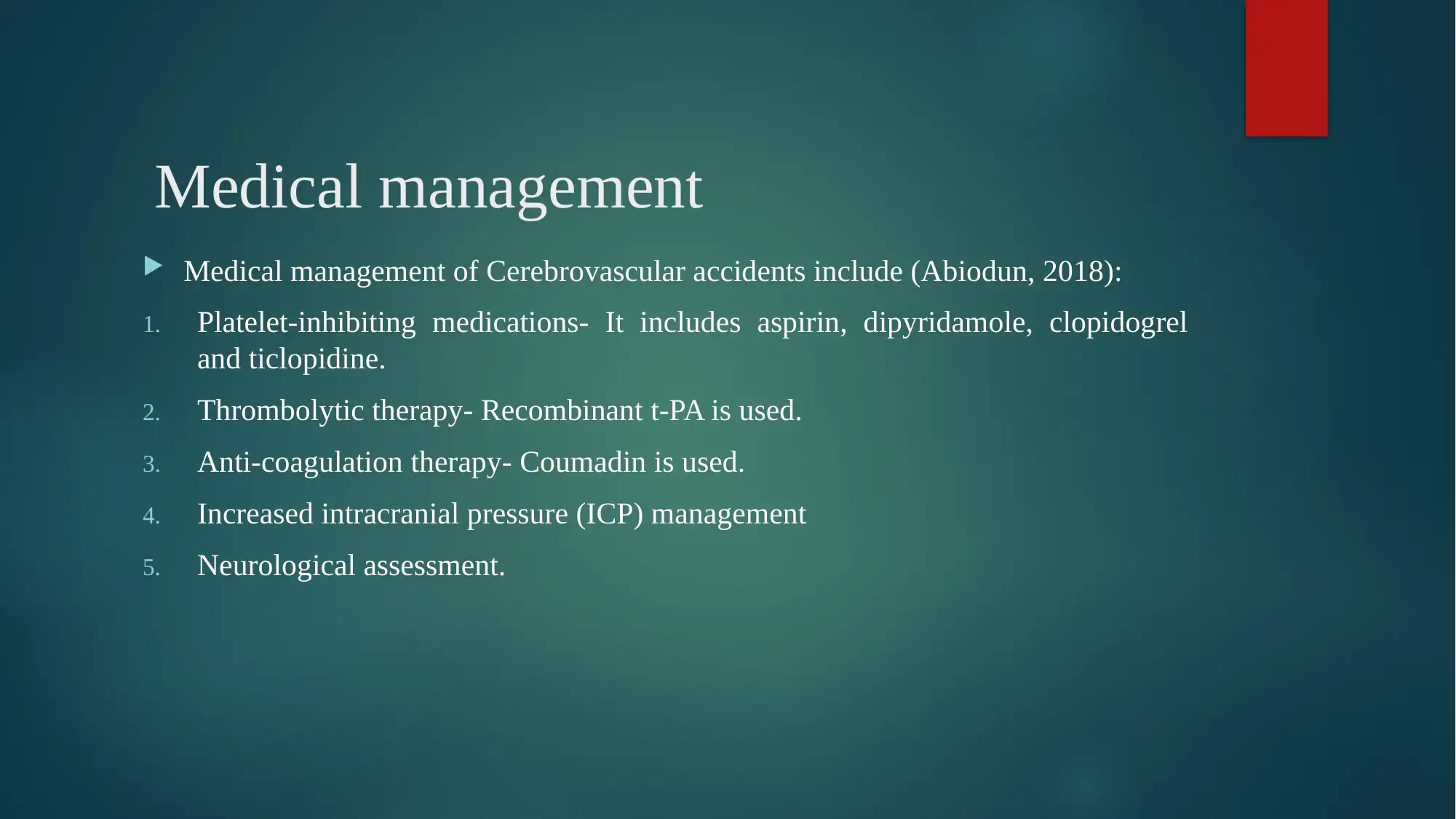
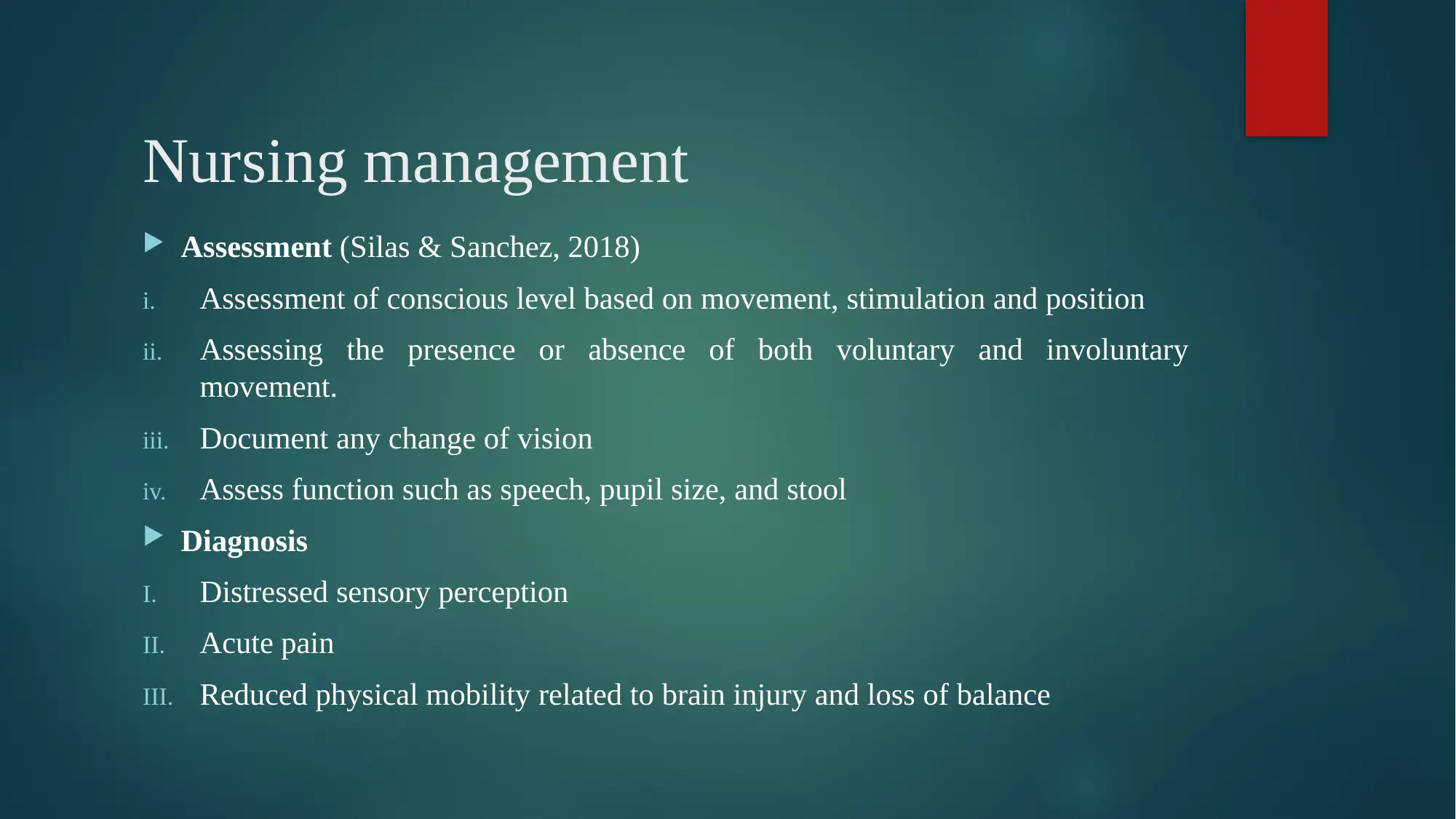
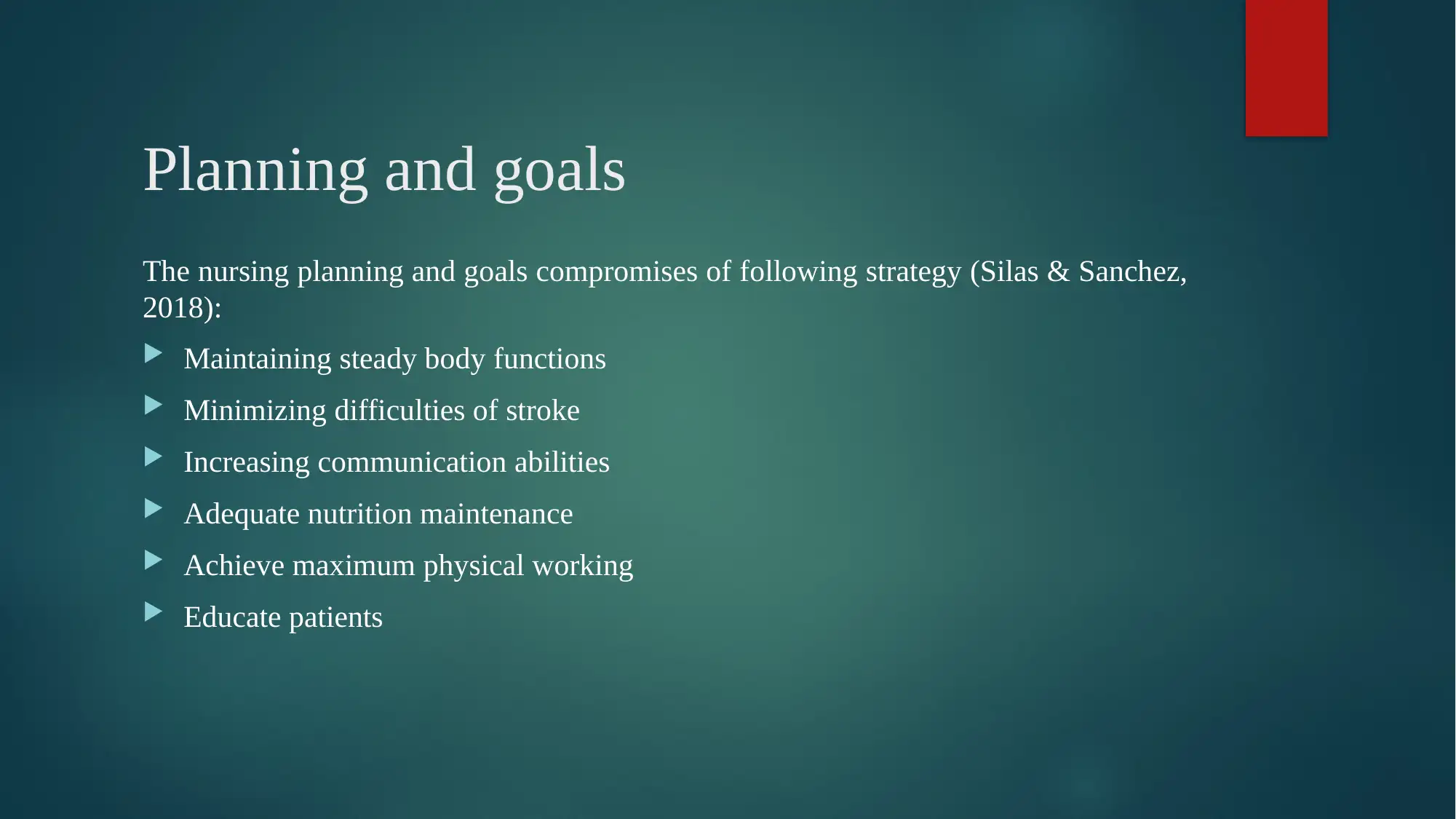
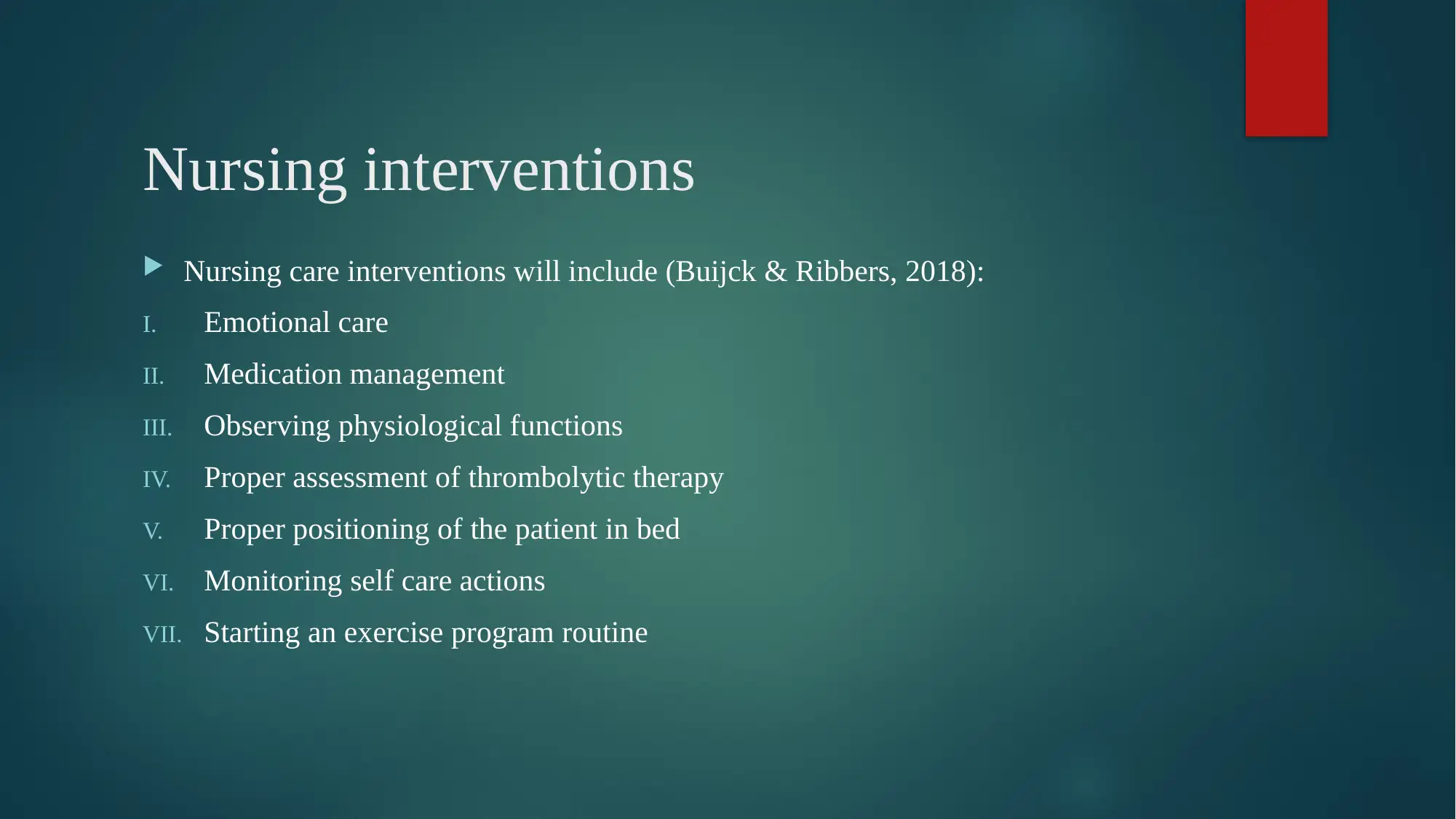
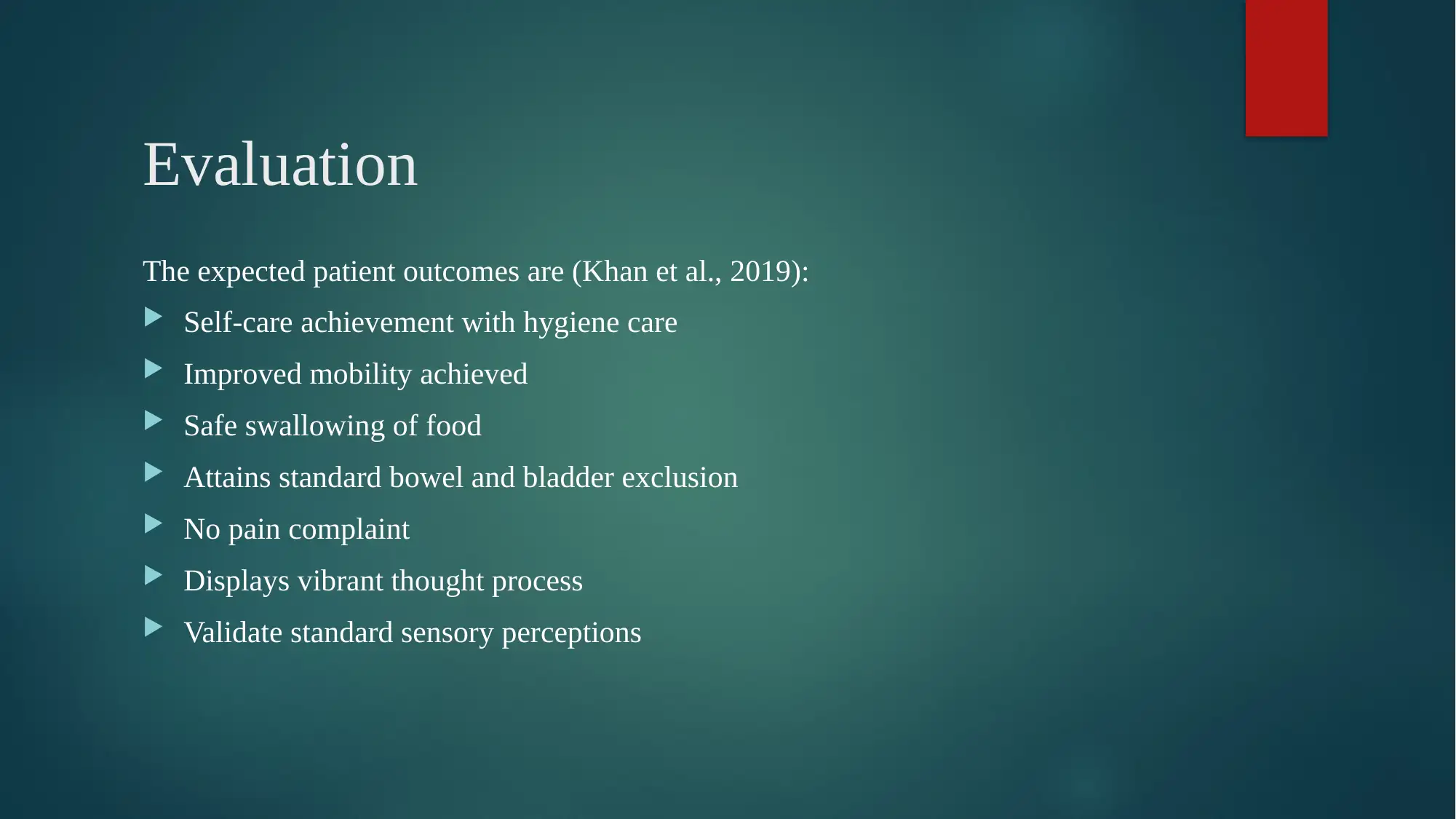
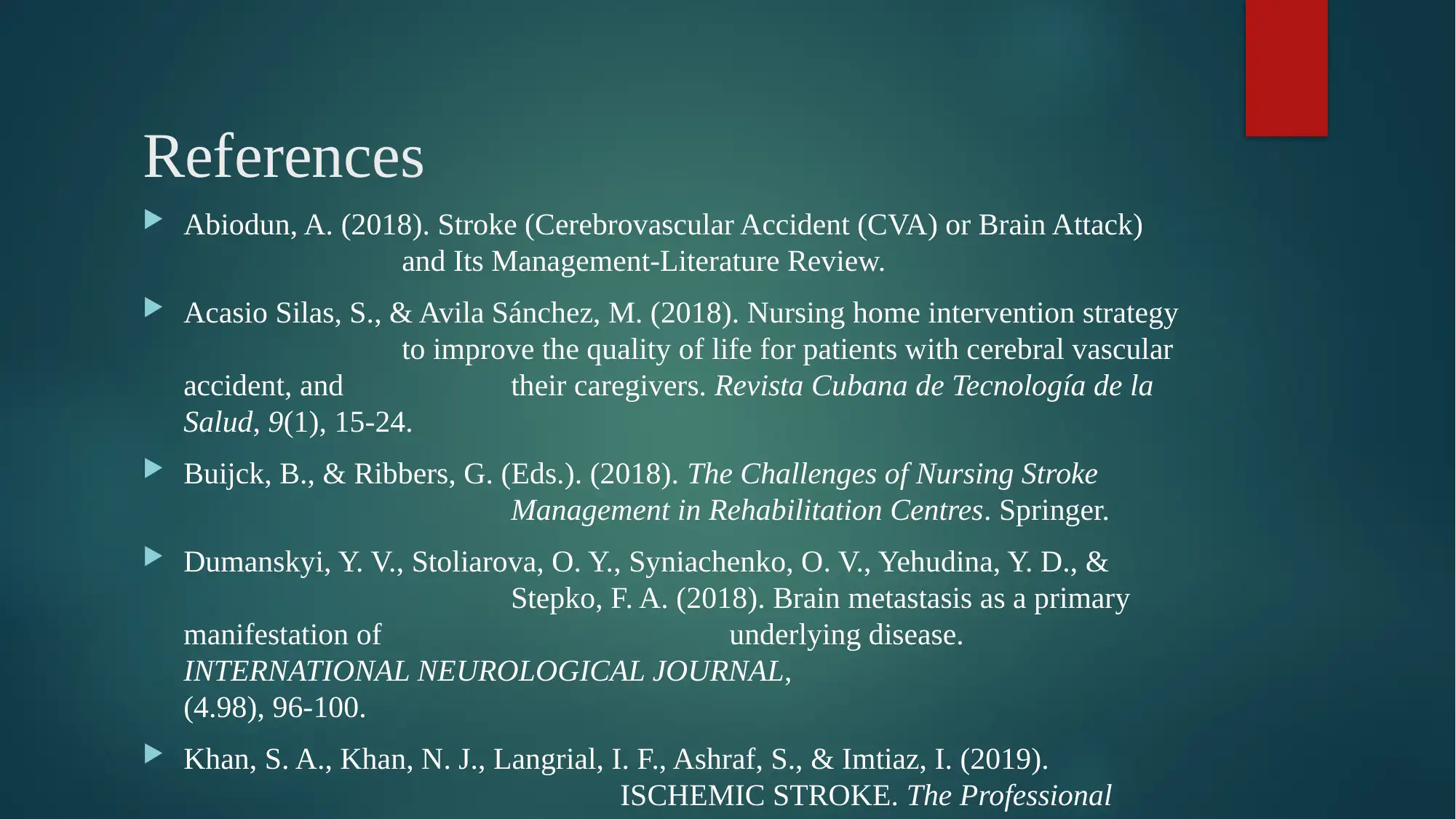







![[object Object]](/_next/static/media/star-bottom.7253800d.svg)